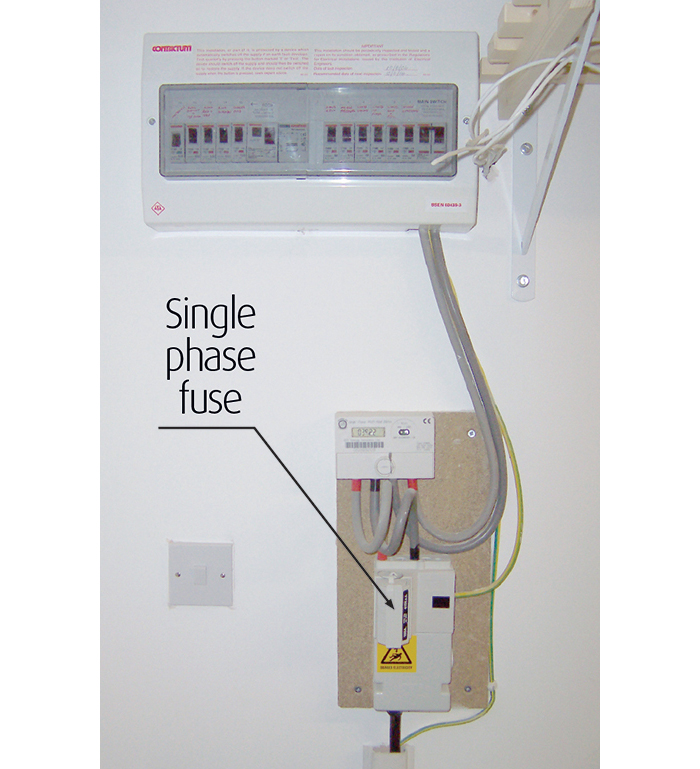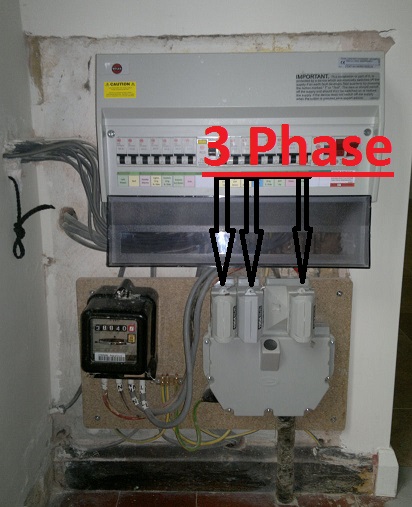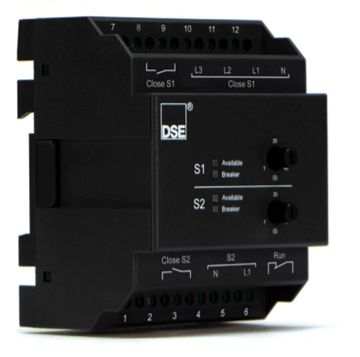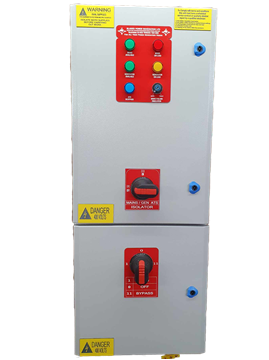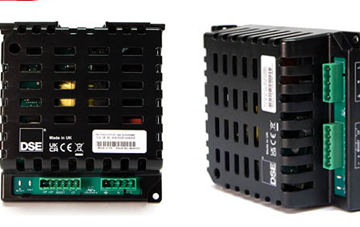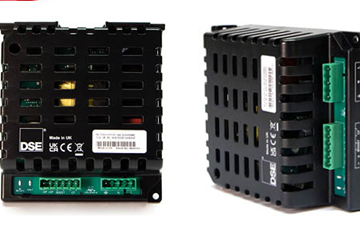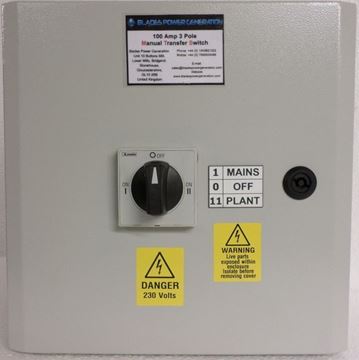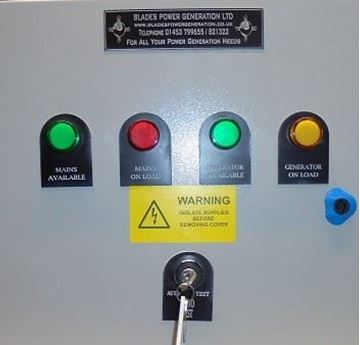At Blades Power Generation, we understand the critical importance of reliable power for homes and businesses. A manual changeover switch serves as a crucial component to guarantee continuous supply during transitions between mains power and a backup generator.
As an established UK provider of quality switches for years, we offer a wide selection to suit an array of applications. Whether you need a robust solution for safe, hassle-free transitions in a commercial setting or a straightforward option for your household, we have you covered.
Overview of Manual Changeover Switches
A manual switch provides a means to switch between two power sources to supply electricity without disruption. Key features include:
- Ability to safely transition from the mains to a generator or inverter system
- Prevents back feeding to ensure operator safety
- Allows manual control over the power source
Typical applications include:
- Homes - Switch from the utility to a backup generator
- Businesses - Transition to an emergency power supply
- Off-grid sites – Alternate between solar, wind or diesel generators
Benefits of Installing a Manual Changeover Switch
Installing a quality manual switch delivers numerous advantages:
Reliability:
- Guaranteed power continuity avoiding disruptions
- Allows use of backup supply when needed
Safety:
- Isolates sources preventing hazardous back feeding
- Gives operators control over transitions
Convenience:
- Quick and straightforward switching between supplies
- Compact designs suitable for many applications
With easy operation and robust safety mechanisms, our switches provide peace of mind knowing you can access backup power seamlessly.
Typical Applications of Manual Transfer Switches
Manual transfer switches deliver the vital ability to transition power safely across various sectors:
Residential:
- The whole house is backed up with a generator
- Integrating renewable energy sources
Commercial:
- Buildings equipped with emergency power systems
- Maintenance transitions in facilities
Industrial:
- Switching between primary and secondary supply
- Equipment control and safe isolation
Agriculture:
- Generator backup at farms or orchards
- Alternating supply for irrigation systems
Our ergonomic switches ensure reliable transitions, to keep homes comfortable, businesses operational and processes running smoothly when outages occur.
For years Blades Power Generation has manufactured robust, reliable switches to facilitate secure transitions between power sources. Engineered with care and thoroughly tested, our products provide peace of mind that your supply is consistent and safe.
As UK leaders in switchgear equipment, we invite you to browse our extensive range for your particular needs. For technical guidance or to discuss suitable options, our team is happy to assist. Rely on us for all your manual changeover switch requirements.













